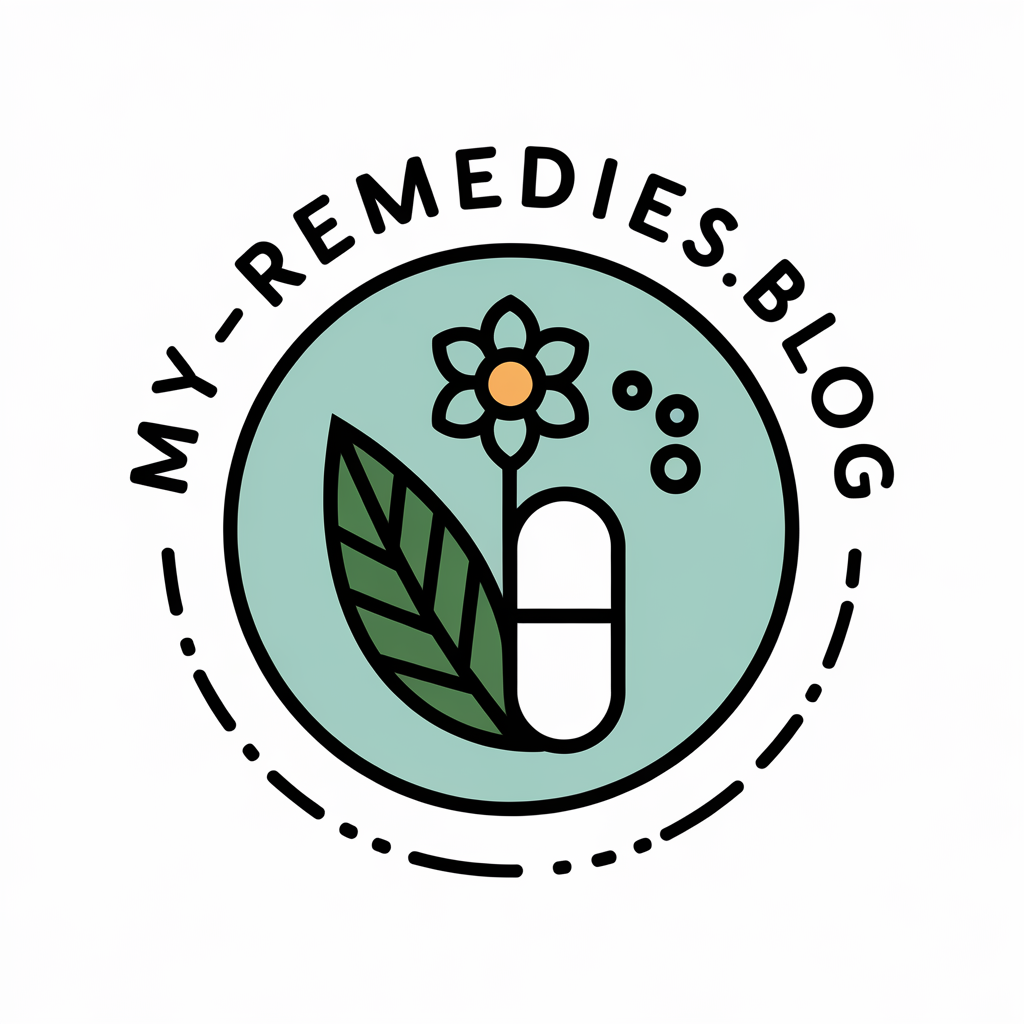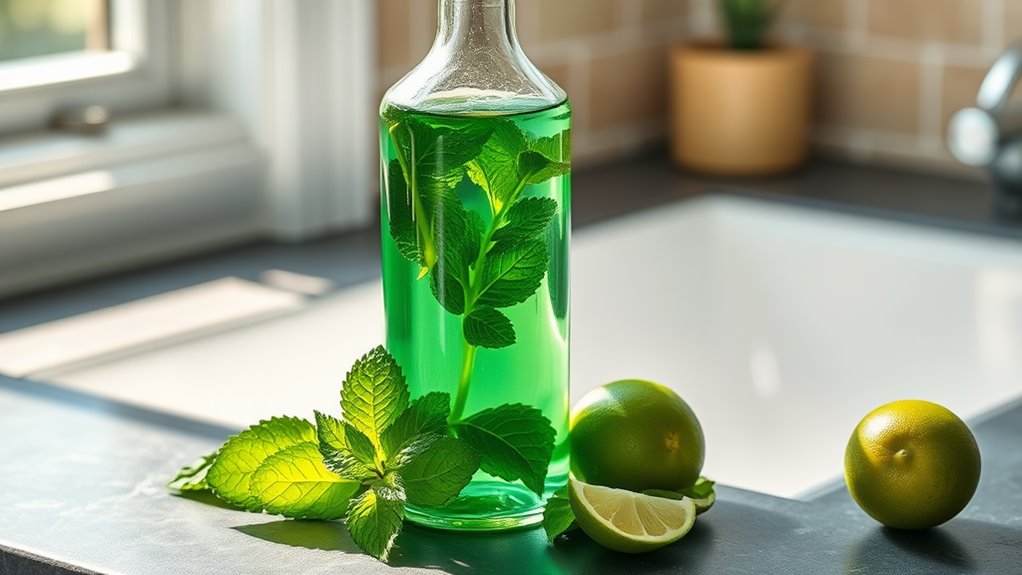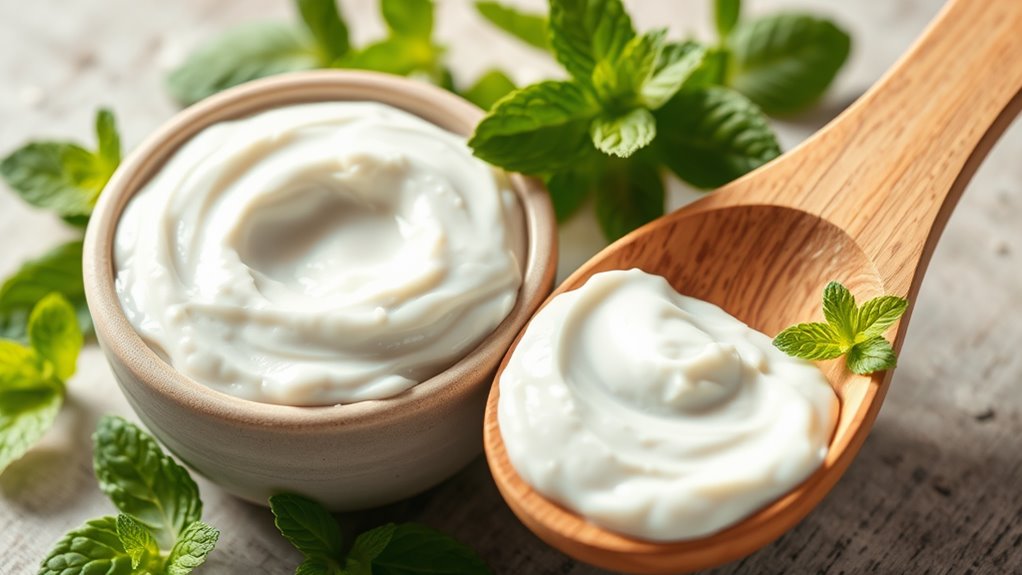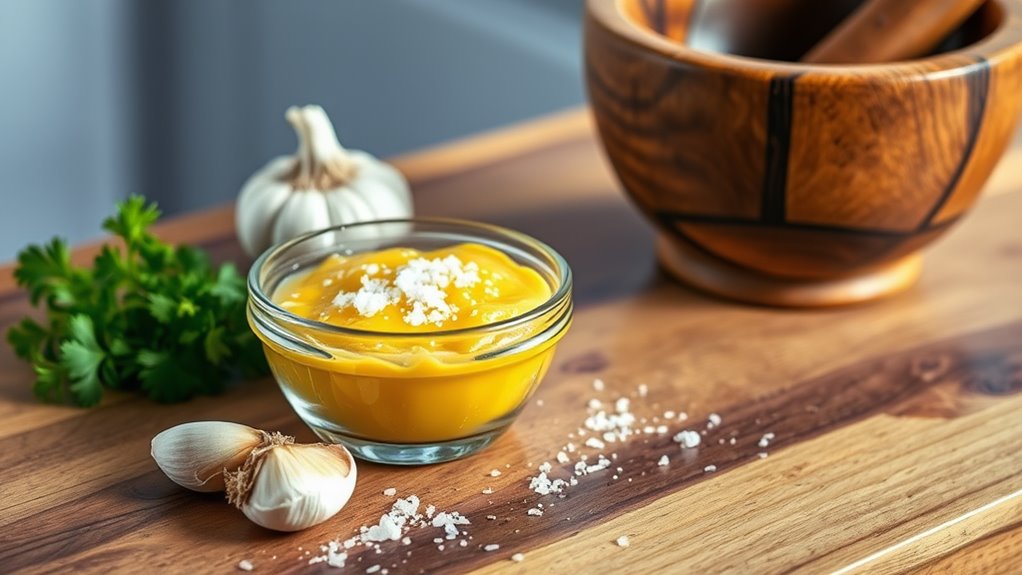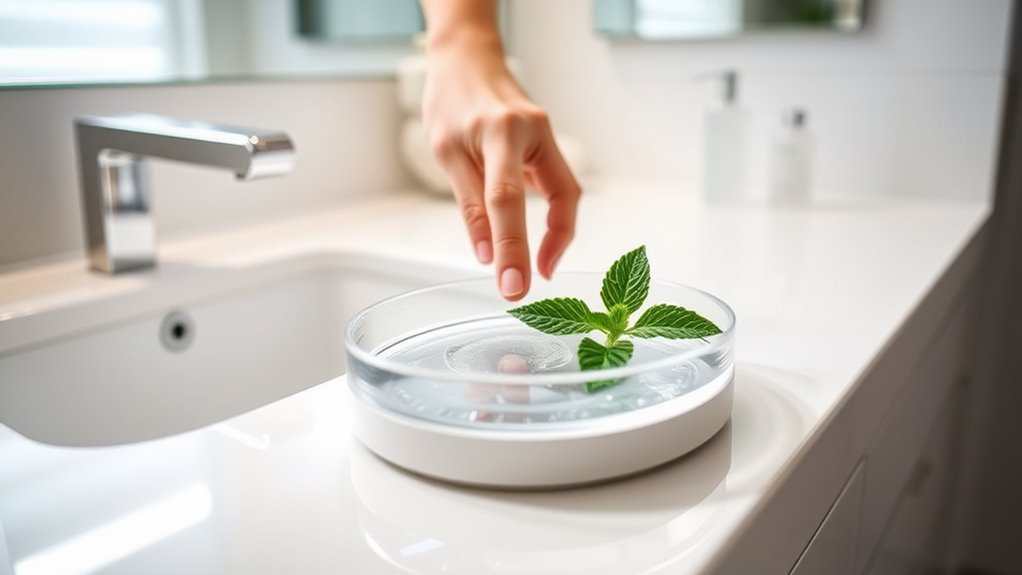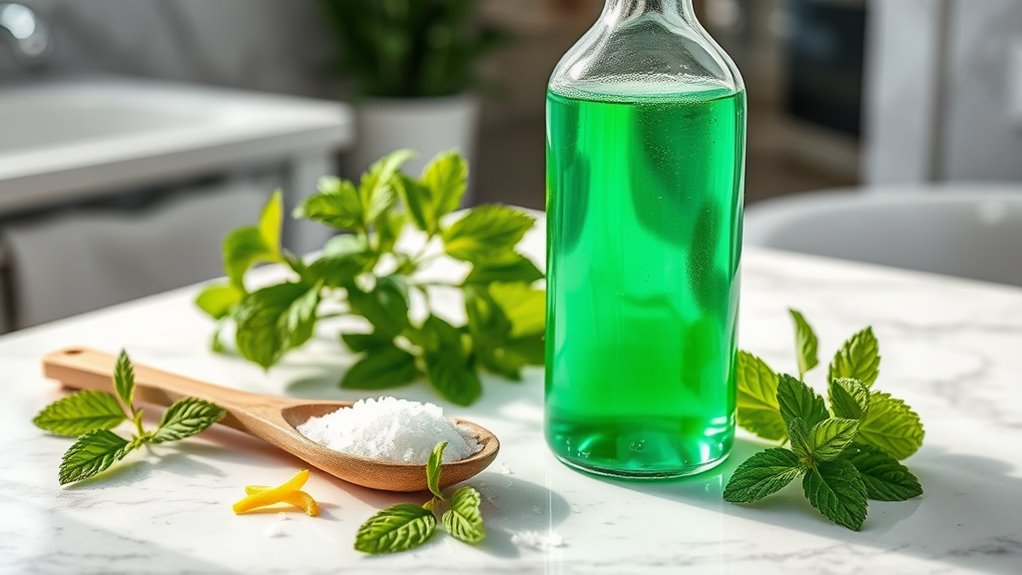Get Fresh Breath Naturally With This Mouth Rinse
Did you know that nearly 50% of adults experience bad breath at some point in their lives? This common issue can affect your confidence and relationships. Fortunately, you can combat it naturally with a simple mouth rinse that not only freshens your breath but also promotes oral health. Let’s explore how this easy-to-make solution can transform your dental routine and keep those unwanted odors at bay.
Key Takeaways
- Fresh breath enhances social interactions and reduces self-consciousness, making a natural mouth rinse essential for oral health.
- Key ingredients like baking soda, peppermint oil, and aloe vera juice combat bacteria and promote a healthier oral environment.
- A simple recipe involves mixing baking soda, sea salt, and essential oil in warm water for an effective mouth rinse.
- Natural ingredients in the rinse are gentler on gums and teeth compared to artificial additives, promoting overall dental hygiene.
- Use the mouth rinse twice daily and after meals, while maintaining hydration and regular brushing to support fresh breath.
The Importance of Fresh Breath
Fresh breath plays a crucial role in your overall oral health and social interactions. Bad breath can lead to self-consciousness, affecting your confidence in personal and professional settings. Maintaining fresh breath isn’t just about masking odors; it’s essential for preventing bacteria buildup that can result in gum disease and cavities. Using a natural mouth rinse can help eliminate unwanted odors while promoting a healthier oral environment. Regular use of such rinses can neutralize bacteria, ensuring your breath stays fresh throughout the day. Prioritizing this aspect of your oral hygiene routine is vital for both your health and social life. Additionally, remember to neglect the tongue in your brushing routine, as it can harbor bacteria affecting breath.
Ingredients for Your Natural Mouth Rinse
Maintaining fresh breath requires more than just regular brushing and flossing; the right ingredients in your natural mouth rinse can make a significant difference. Look for components that combat bacteria and promote oral health. Here are some effective ingredients to consider:
| Ingredient | Benefits |
|——————|—————————–|
| Baking Soda | Neutralizes acids, freshens breath |
| Peppermint Oil | Provides a refreshing flavor, antibacterial properties |
| Aloe Vera Juice | Soothes gums, promotes healing |
Incorporating these elements can enhance your mouth rinse, ensuring that it not only freshens your breath but also supports your overall oral hygiene. Additionally, using baking soda in your rinse can help neutralize acids and combat bacteria that contribute to bad breath.
Step-by-Step Recipe for the Mouth Rinse
Creating your own natural mouth rinse is a simple yet effective way to enhance your oral hygiene routine. Start by boiling one cup of water, then let it cool slightly. In a clean container, mix together one teaspoon of baking soda, one teaspoon of sea salt, and a few drops of essential oil, like peppermint or tea tree. Pour the warm water into the container, stirring until the ingredients dissolve completely. Allow the mixture to cool to room temperature. Store your mouth rinse in a sealed bottle, and shake well before each use. Rinse your mouth for 30 seconds, then spit out. Incorporating natural ingredients in your oral care routine can promote better health and enhance overall effectiveness.
Benefits of Using Natural Ingredients
Natural ingredients offer numerous advantages for oral health, making them an excellent choice for your mouth rinse.
They’re often gentler on your gums and teeth compared to artificial additives, reducing the risk of irritation.
Ingredients like peppermint and tea tree oil possess natural antibacterial properties that help combat bad breath while promoting a healthier oral environment.
Additionally, natural ingredients often lack harmful chemicals, ensuring you avoid unwanted side effects. Furthermore, incorporating natural ingredients into your oral care routine can enhance overall dental hygiene.
How Often to Use the Mouth Rinse
How often should you incorporate a natural mouth rinse into your oral hygiene routine? Ideally, you should use it twice a day—once in the morning and once before bed.
This frequency helps maintain optimal freshness and supports your overall oral health.
If you’re facing specific issues, like bad breath or gum irritation, consider using the rinse after meals as well.
Just be careful not to overdo it, as excessive use could disrupt your mouth’s natural balance.
Always follow up with regular brushing and flossing to maximize the benefits of your natural mouth rinse and keep your breath fresh throughout the day.
Additional Tips for Maintaining Fresh Breath
Incorporating a natural mouth rinse into your routine is just one step toward achieving lasting fresh breath.
To enhance your results, brush your teeth at least twice a day and floss daily to remove food particles and plaque.
Stay hydrated by drinking plenty of water; this helps wash away bacteria and food debris.
Incorporate crunchy fruits and vegetables, like apples and carrots, into your diet for their natural cleansing properties.
Chewing sugar-free gum can also stimulate saliva production, which neutralizes odor-causing acids.
Finally, avoid tobacco and limit strong-smelling foods to maintain that fresh feeling throughout the day. Additionally, practicing good oral hygiene can help reduce sinus congestion and its effects on your breath.
Common Mistakes to Avoid
Have you ever wondered why your breath doesn’t stay fresh despite your best efforts?
Have you ever questioned why your breath fails to remain fresh, even when you try your hardest?
You might be making some common mistakes that hinder your oral hygiene.
Here are a few pitfalls to avoid:
-
Neglecting hydration: Dehydration can lead to dry mouth, fostering bad breath.
-
Using mouthwash with alcohol: Alcohol can dry out your mouth, making breath issues worse.
-
Skipping regular dental check-ups: Ignoring professional cleanings can allow plaque buildup, contributing to persistent odor. Additionally, staying hydrated is essential for maintaining a balanced microbiome, which can support overall oral health.
